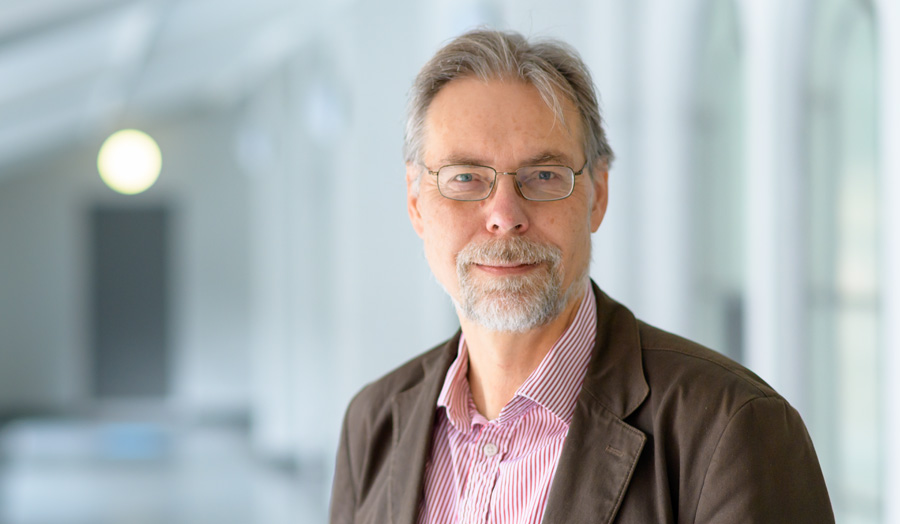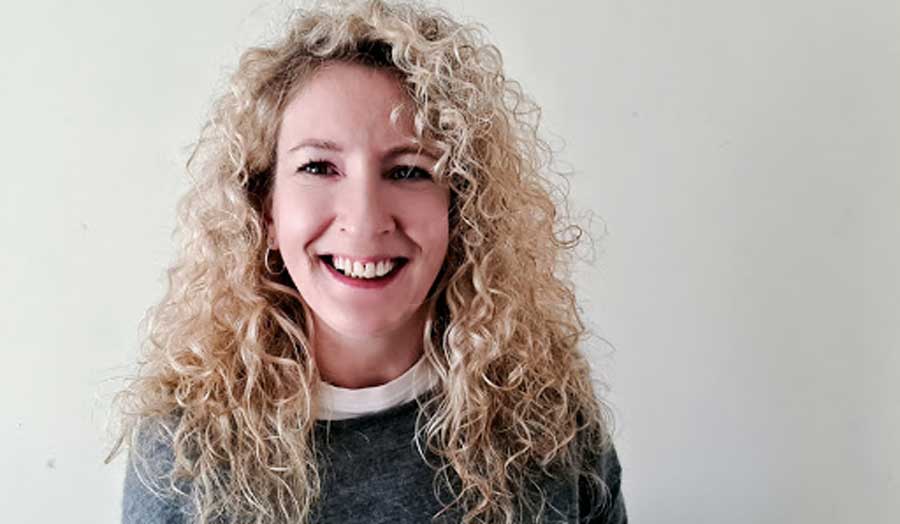Providing a supportive and inclusive infrastructure as the basis for strong research and knowledge exchange is central to our philosophy.
Starting with our people, the first stages in the development of a vibrant research community are to develop those who will lead our teams, to lay down support structures, and to communicate effectively. These are now well under way. We have sought to provide a supportive research environment to develop staff and student research capabilities across the full breadth of our disciplines. The University has invested in a PVC role, a Director of London Engagement, a Head of Research Policy and Implementation, a Head of Researcher Development and a Head of Graduate School to lead in the key areas. As well, we now have a Research and Postgraduate Office (RPO) which is providing dedicated support for postgraduate students; staff submitting research bids; and for those developing Impact Case Studies for REF and evolving KE more generally, for example, by supporting and promoting research events and projects, creating further opportunities for collaboration, growing the profile/increasing visibility for RKE at London Met.
We have also strengthened our research capacity in the Schools through the development of roles such as Research Lead, PGR Coordinator, and through the award of workload allowances for staff working on research, KE, impact, partnership and other interconnected agendas.
This collaborative approach with dedicated teams across all areas ensures our values are consistently upheld throughout the work that we do. They are involved in driving development and supporting fairer and more equitable processes, including the distribution of funds through competitive tender.
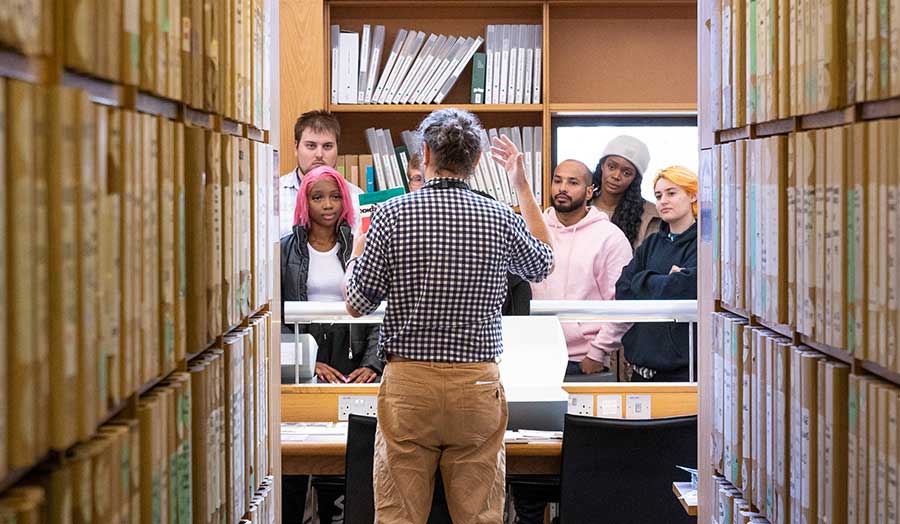
Read our full Research and Knowledge Exchange Strategy 2020/21 - 2024/25 (PDF).
If you have questions about our Research and Knowledge Exchange Strategy, please get in touch with our Research and Postgraduate Office.
Inclusivity and research areas
Our commitment to providing an inclusive and equitable environment for our entire community are at the heart of our drive to support the development of our staff and students. Moving forward, the work that we do will uphold and drive the principles and objectives outlined in the new University Race Equity Strategy.
Inclusivity is the foundation of our overarching philosophy. We believe all research outputs are a product of complex collaborations, often between staff, sometimes industry and students, and always with facilitators from archives and museums to governments and commercial ventures. Whatever forms partnership and cooperation take, they play a very important role in meeting the long-term objectives of our university.
We consider the majority of our colleagues to be pursuing research interests which amount to exchangeable knowledge, including ‘pure’ research: that is, research for the sake of knowledge and enquiry. We support our colleagues to do the research they are world experts in; we support those whose research has KE-added value to probe such potential; and we expect our research and KE to be of benefit to students, either in their curricula experiences (for example Work-Related Learning), in opportunities for participation and experiential learning, as aspirational role models through staff diversity and through the prism of potential employability.
Many areas have research expertise which moves through the full cycle from pre-creation, through fieldwork/laboratory to publication and application. Our work in health science and policy, in arts research, in business studies, and in applied social studies, commands respect as evidenced by continuing professional development (CPD) and other training, contract research and consultancy, in publications of many sorts, and in measurable impacts. As well as doing real-world relevant work, we at London Met also support pure forms of research in numerous social science and arts subjects. As befits a university with many smaller clusters of research, our main multi-and interdisciplinary groupings come together in larger federations, especially Allied Health, Area Studies, Art and Design, and Education. As research projects develop, the opportunities for further partnerships and the transfer of knowledge become greater, opening doors for further collaborations and pathways to impact.

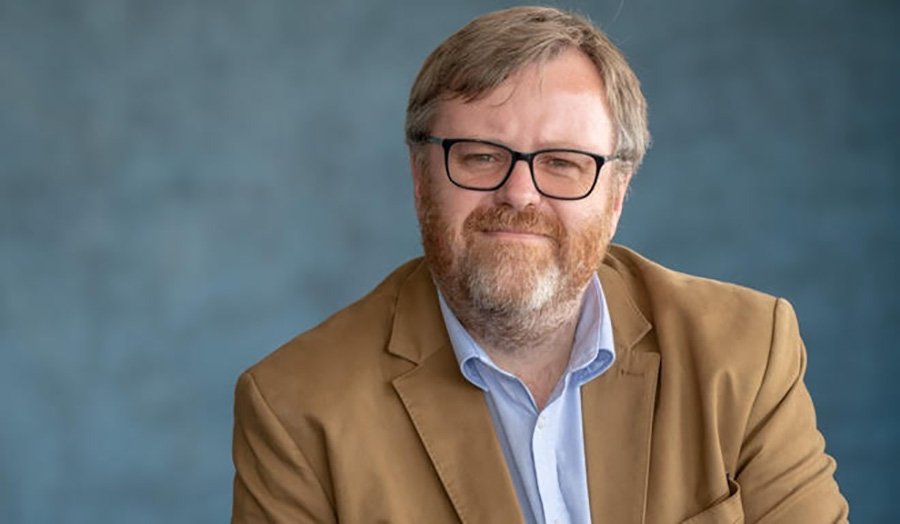
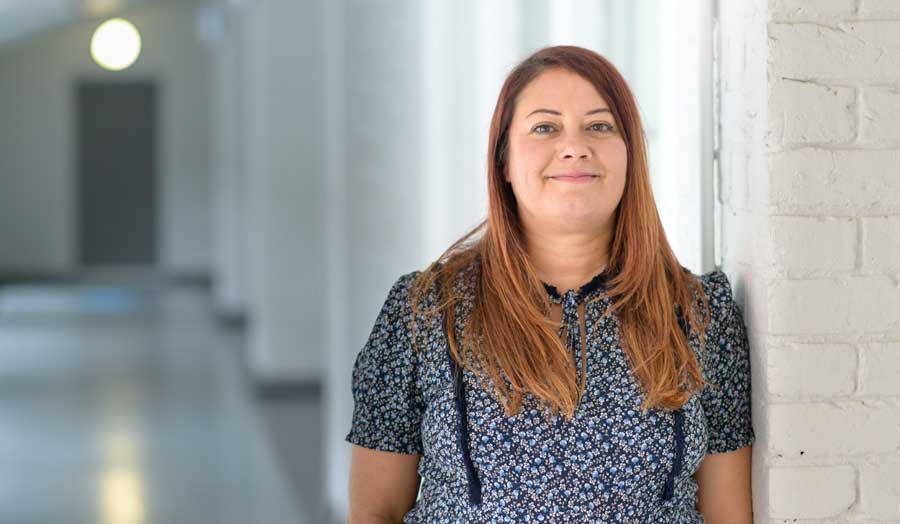
.jpg)
